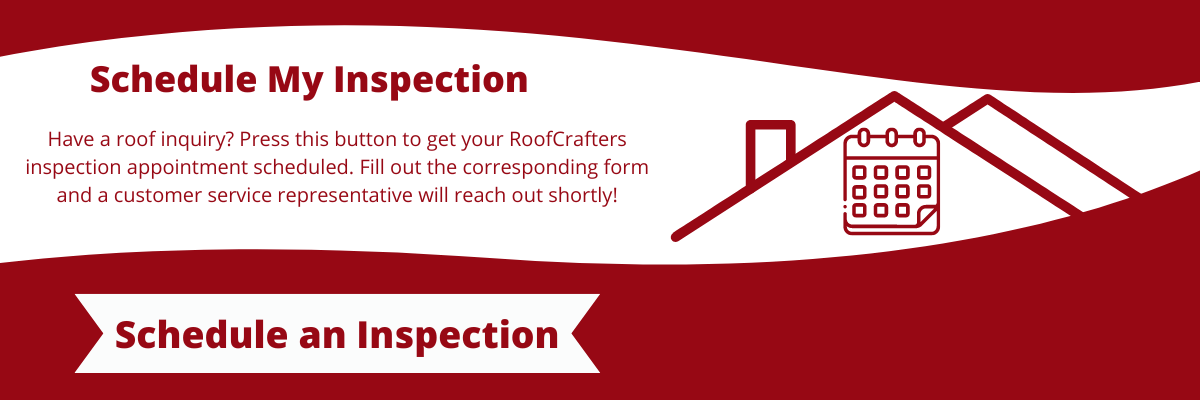The Importance of Regular Roof Maintenance for Property Managers
June , 2024 | 7 min. read
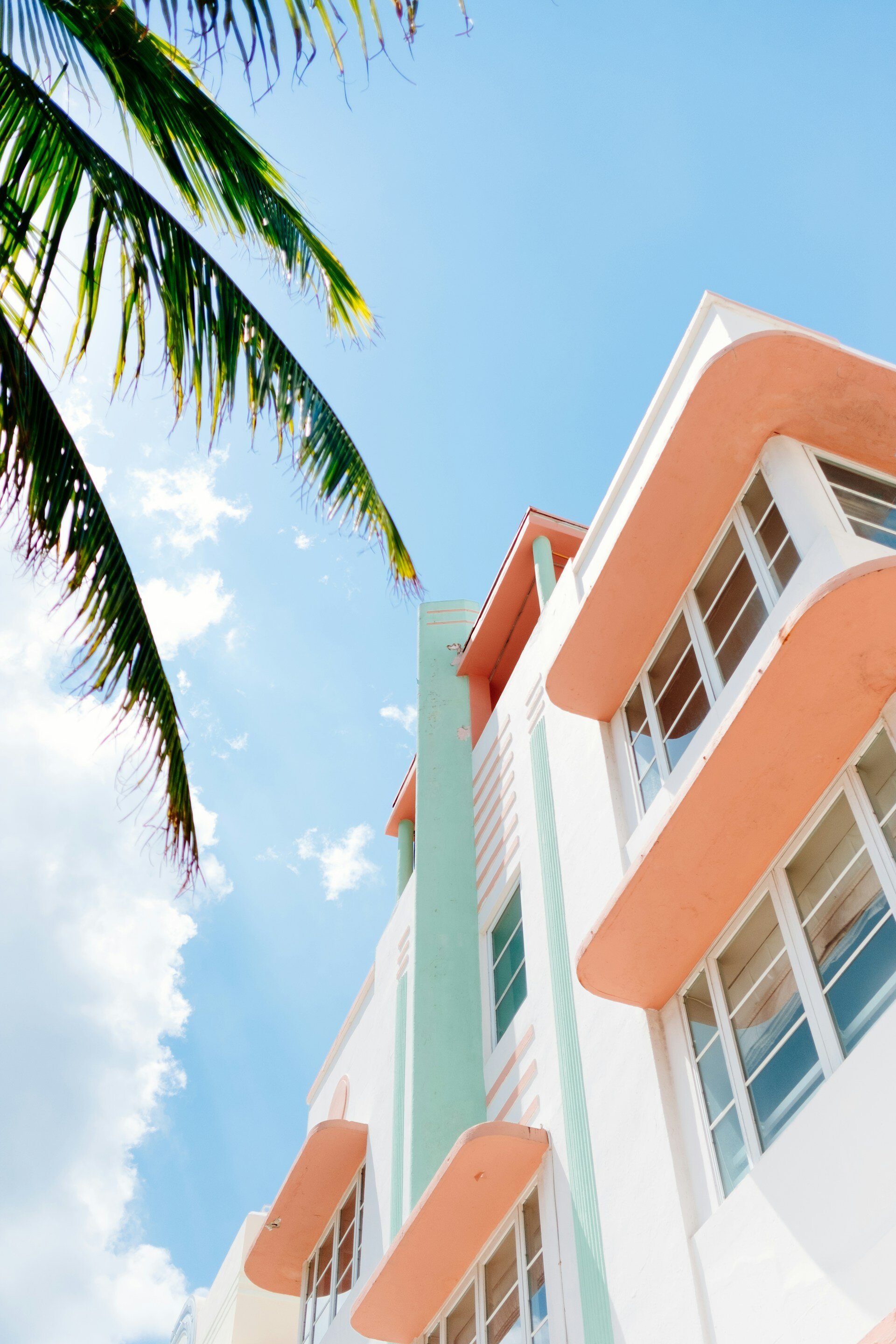
As a property manager, ensuring the longevity and safety of the buildings under your care is paramount. One critical aspect that is often overlooked is, drum roll please, regular roof maintenance! Maintaining the roof not only preserves the structural integrity of a building but also prevents costly repairs and enhances tenant satisfaction.
At RoofCrafters, we’ve been in the biz for over 30 years, and we’ve seen firsthand just how important regular roof maintenance is for commercial properties. We’ve seen the good, the bad, and the ugly, and we know that businesses with a well-maintained roof tend to operate better than those without.
So, if you’re a property manager and you’re interested in beginning your roof maintenance journey, you’re in the right place! Let’s discuss why regular maintenance matters, the key components to be conscious of, the benefits, and some tips and tricks!
Why Regular Roof Maintenance Matters
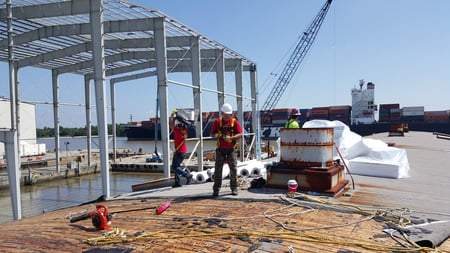
One of the primary reasons for regular roof maintenance is to protect your investment. The roof is a building's first line of defense against the elements. Over time, exposure to sun, rain, wind, and snow can cause significant wear and tear. By conducting routine inspections and repairs, you can extend the lifespan of the roof and avoid premature replacements, saving substantial amounts of money.
Preventing Costly Repairs
Small issues, such as minor leaks or damaged shingles, can escalate into major problems if left unaddressed. Regular maintenance allows property managers to identify and rectify these issues before they become more serious. For example, a tiny leak might seem insignificant, but it can lead to water damage, mold growth, and structural damage, all of which are expensive to fix.
Ensuring Tenant Safety and Satisfaction
A well-maintained roof contributes to the overall safety and comfort of the building’s occupants. Leaks and other roof issues can lead to water ingress, causing damage to tenants' property and creating unhealthy living conditions. By maintaining the roof, property managers can ensure that tenants feel secure and satisfied, reducing turnover rates and maintaining a good reputation.
Key Components of Roof Maintenance
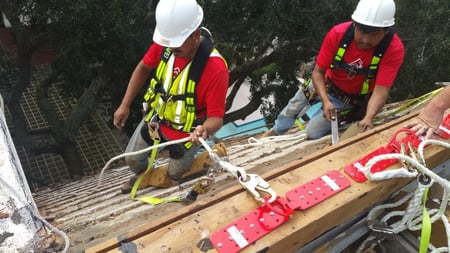
The foundation of effective roof maintenance is regular inspections. Ideally, property managers should schedule inspections twice a year, in the spring and fall, to catch any damage from seasonal weather changes. During these inspections, look for common issues such as:
- Damaged or missing shingles
- Signs of water damage or leaks
- Blocked gutters and downspouts
- Accumulation of debris
Regular inspections are critical because they provide an opportunity to catch problems early. Property managers should look for signs of wear and tear that could indicate underlying issues. These might include granule loss on shingles, cracks in the flashing, or areas where the roof appears to be sagging. Identifying these issues early can prevent more significant damage down the line.
Timely Repairs
Once inspections are complete, it’s crucial to address any identified issues promptly. Even minor repairs should not be delayed, as they can prevent more significant problems in the future. Common repairs include replacing damaged shingles, sealing leaks, and cleaning out gutters to ensure proper drainage.
Timely repairs are essential for maintaining the integrity of the roof. For instance, a small leak, if left unattended, can result in water damage to the insulation and structural components of the building. This can lead to mold growth, which poses health risks to occupants and can be costly to remediate. By addressing repairs as soon as they are identified, property managers can mitigate these risks.
Professional Maintenance Services
While some maintenance tasks can be handled in-house, it’s often beneficial to hire professional roofing contractors for more thorough inspections and repairs. Professionals have the expertise to identify potential issues that might be missed by an untrained eye and can perform high-quality repairs that extend the roof’s lifespan.
Hiring professionals ensures that the roof is maintained to the highest standards. They can provide specialized services such as infrared scanning to detect moisture beneath the roof surface or drone inspections to assess hard-to-reach areas. Additionally, professional maintenance services can offer warranties on their work, providing an extra layer of security for property managers.
The Benefits of Roof Maintenance for Property Managers
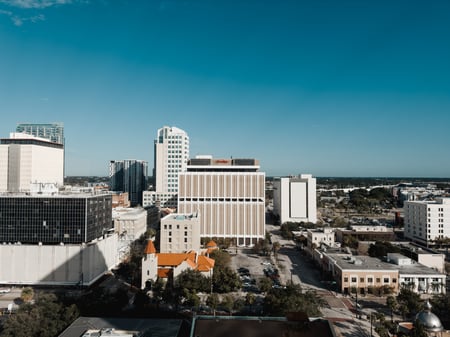
Regular roof maintenance is a cost-effective strategy for property managers. The expenses associated with routine inspections and minor repairs are significantly lower than the costs of major repairs or roof replacements. Additionally, well-maintained roofs are more energy-efficient, which can lead to lower utility bills.
By maintaining the roof, property managers can avoid the high costs associated with emergency repairs and replacements. Preventative maintenance helps to extend the lifespan of the roof, ensuring that it performs optimally for many years. This not only saves money but also minimizes disruptions to tenants.
Enhancing Property Value
A well-maintained roof enhances the overall value of a property. Potential buyers or investors are more likely to be interested in a property that has been well cared for, including its roof. This can be a key selling point and can help property managers achieve better returns on their investments.
Properties with well-maintained roofs are perceived as being more attractive and reliable. This can be particularly important in competitive real estate markets, where the condition of the roof can make a significant difference in a property’s desirability and market value.
Compliance and Insurance Benefits
Maintaining the roof can also ensure compliance with local building codes and regulations. Furthermore, many insurance companies require regular roof maintenance as part of their policy terms. Failing to maintain the roof can result in denied claims or higher premiums.
Regular maintenance helps property managers stay in compliance with local regulations, avoiding potential fines and legal issues. Additionally, well-maintained roofs are less likely to suffer from severe damage, which can result in more favorable insurance premiums and ensure coverage in the event of an incident.
Tips for Effective Roof Maintenance
-thumb-2.jpeg?width=450&height=253&name=HubSpot%20Edits%20(Commercial%20Service)-thumb-2.jpeg)
Create a comprehensive maintenance schedule that outlines regular inspections, cleaning, and repairs. This schedule should be shared with all relevant personnel and adhered to strictly to ensure consistency.
A detailed maintenance schedule helps to ensure that no aspect of roof maintenance is overlooked. It should include timelines for routine inspections, seasonal cleanings, and specific repairs. By following a structured schedule, property managers can ensure that maintenance tasks are completed in a timely manner.
Document Everything
Keep detailed records of all inspections, repairs, and maintenance activities. This documentation can be invaluable in case of insurance claims, legal issues, or when selling the property.
Maintaining thorough records helps property managers track the history of roof maintenance and repairs. These records can provide evidence of regular upkeep, which is essential for insurance claims, and can also be used to demonstrate the property’s condition to potential buyers or investors.
Educate Your Team
Ensure that your maintenance team is well-trained and knowledgeable about roof maintenance. This includes recognizing signs of damage, understanding how to perform basic repairs, and knowing when to call in professionals.
Providing training for your maintenance team ensures that they are equipped to handle routine roof maintenance tasks. This includes teaching them to identify potential issues, perform minor repairs, and understand the importance of regular inspections. An educated team is more effective in maintaining the roof’s condition.
Maximizing Property Value with Regular Roof Maintenance
For property managers, regular roof maintenance is an essential practice that protects the investment, prevents costly repairs, and ensures tenant safety and satisfaction. By scheduling regular inspections, addressing issues promptly, and working with professional contractors, property managers can maintain the integrity and value of their properties.
Investing in regular roof maintenance is a smart, cost-effective strategy that pays off in the long run, ensuring the buildings under your care remain safe, attractive, and functional for years to come. By focusing on these key aspects and incorporating a structured maintenance plan, property managers can optimize their approach to roof maintenance.
This not only enhances the longevity and performance of the roofs but also contributes to the overall success and profitability of their property management endeavors. If you’re in need of commercial roof maintenance but are unsure where to start, hit the “Schedule an Inspection” button down below to begin maximizing your property’s value!
My name is Cassie, and I’m the Content Manager here at RoofCrafters. I was born and raised in Chicago, Illinois, and made my way out to Florida post-college graduation. I’m incredibly passionate about writing and creating valuable content that helps others with the collaboration of my marketing team. When I’m not working, I enjoy shopping (a little too much), spending time at the beach, and reading!



